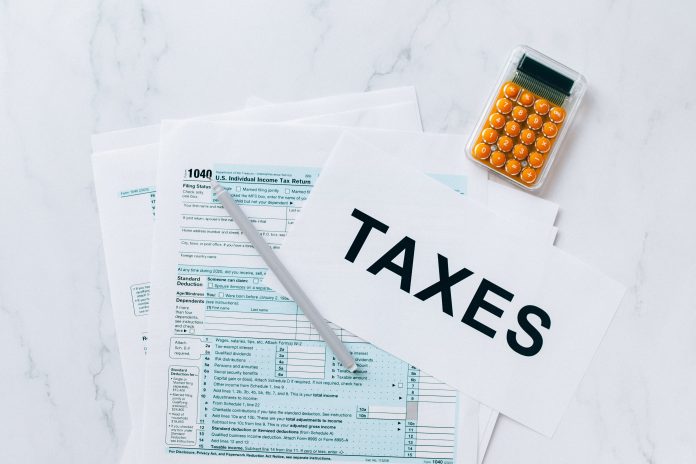Finance Minister Enoch Godongwana will deliver his 2024 Budget speech next Wednesday, 21 February, amid tough global and local economic conditions.
A sluggish economy and the ever increasing cost of living will weigh heavily on Godongwana’s mind, with tax experts in agreement that he will have to strike a very fine balance between the promotion of economic growth, while trying to alleviate the burden on South African households.
ENS Africa’s tax experts says this will require more efficient tax collection and responsible spending.
In Godongwana’s medium term budget (MTBPS) in November 2023, he warned that Budget 2024 will need to propose tax measures to raise additional revenue of R15 billion in the 2024/2025 financial year, starting in April 2024.
This as expenditure was 8% higher than tax collections at the end of November 2023.
ENS Africa’s tax predictions:
Personal Income Tax and Marginal Tax rates
It is expected that no announcement on an increase in personal income tax will be made with the highest marginal tax rate for individual taxpayers remaining unchanged at 45%.
Wealth Tax
While an increase in the maximum marginal tax rate would likely be a popular change in 2024, an increase in the rate for individuals from the current 45% to, say, 50% may not generate significant additional revenue to warrant a change of this magnitude.
Any increases in these rates or the introduction of special levies to tax wealth are thus unlikely.
Medical Credits
Members of medical aids are entitled to a medical tax credit and there is an additional medical tax credit for out-of-pocket expenses.
This tax credit was estimated to cost R28 billion in 2020/2021 with an additional R7,5 billion for out-of-pocket expenditure.
An adjustment to these credits is possible as mechanisms must be considered to fund the National Health Insurance plan which has now been approved by Parliament and the National Council of Provinces.
Corporate Income Tax rate
The corporate income tax rate was reduced from 28% to 27% for companies with tax years ending after 31 March 2023.
During the 2022 budget, the Minister announced that this rate would continue to decline over time and that the decrease would be funded by limitations of deductions that were introduced, mainly around the transfer of assessed losses and interest deductions.
While companies contribute approximately 20% of total tax revenue, it is unlikely that any changes in corporate rates will be announced.
Withholding tax on interest not likely to increase
The current rate on interest and royalties is 15%, and it is important to keep make South Africa attractive to foreign investors.
In spite of the perceived loss of tax revenue attributable to highly leveraged operations, it would be inappropriate to increase the rates at this time.
Value-Added Tax
A 1% increase in the VAT rate generates approximately R24 billion of additional revenue.
This increase could thus generate more than the R15 billion that the Minister indicated was required but any increase in the rate is linked to demands for further zero-ratings to assist poorer households.
In spite of that, our VAT rate is lower than the average for African countries and other countries around the globe, therefore no VAT increase will be announced this year.
The current threshold for compulsory VAT registration is R1 million and this was last increased in 2008. It is likely that threshold will be increased to at least R2 million.
Sin-Taxes
All excise rates, for beer, alcohol and tobacco will increase, at least in line with core inflation.
Fuel Levy and Road Accident Fund
Expect an inflationary increase as this remains a significant contributor to revenue collected and is a tax that is easy to collect, especially as consumers are already used to high fuel prices.
Incentives
The sunset clause for section 12H (Additional deduction in respect of learnership agreements) is 31 March 2024.
ENS Africa expects an announcement to be made on whether section 12H will be extended or not.
Carbon taxes
The Climate Change Bill has been passed by the National Assembly and transmitted to the National Council of Provinces for concurrence which would signal that its passing into law is imminent.
A higher rate of carbon tax at R640 per ton of carbon dioxide equivalent emissions will be introduced into the Carbon Tax Act for emissions which exceed a taxpayer’s carbon budget.
We anticipate that an announcement will be made that this higher rate will come into effect for the carbon tax period which will commence on 1 January 2025.
Retirement funds
With the implementation date for the two-pot retirement system now being confirmed as 1 September 2024, there are unlikely to be any further changes in this regard.
Once this system is in place, withdrawals by taxpayers of a portion of their retirement savings could affect personal income tax collections.


